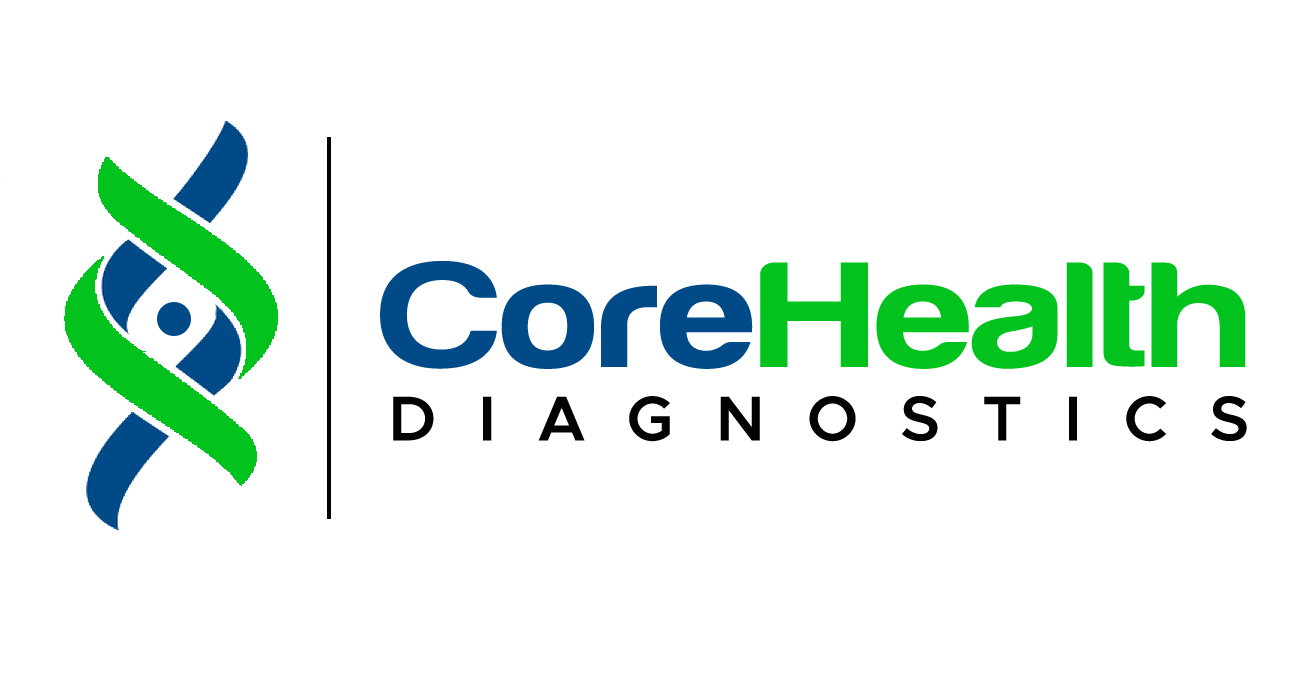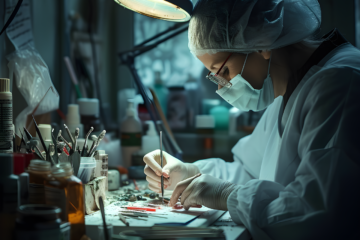Pregnancy is a crucial time for both the mother and the developing baby. Proper nutrition during this period not only supports the baby’s growth and development but also ensures the mother’s health and well-being.
Knowing what foods to eat and avoid can make a significant difference in pregnancy outcomes. This article explores the essential nutrients required during pregnancy, the best foods to include in your diet, and the ones to steer clear of.

Essential Nutrients for Pregnancy
Before diving into specific foods, it’s important to understand the key nutrients necessary for a healthy pregnancy:
1. Folic Acid: Vital for preventing neural tube defects in the baby. Found in leafy greens, fortified cereals, and legumes.
2. Iron: Supports the increased blood volume in the mother and the baby’s development. Sources include red meat, spinach, and lentils.
3. Calcium: Crucial for the development of the baby’s bones and teeth. Dairy products, fortified plant milks, and leafy greens are good sources.
4. Protein: Essential for the growth of fetal tissue, including the brain. Include lean meats, poultry, fish, eggs, and legumes.
5. Omega-3 Fatty Acids: Important for brain development. Found in fatty fish like salmon, walnuts, and flaxseeds.
6. Vitamin D: Helps in calcium absorption and bone growth. Sun exposure, fortified foods, and fatty fish are primary sources.
7. Fiber: Prevents constipation, a common issue during pregnancy. Whole grains, fruits, vegetables, and legumes are rich in fiber.
Foods to Eat During Pregnancy
Incorporating a variety of nutrient-dense foods into your diet ensures that you and your baby get the necessary vitamins and minerals.
1. Leafy Greens and Vegetables
Leafy greens like spinach, kale, and broccoli are packed with vitamins A, C, and K, as well as folate.
Vegetables like carrots, bell peppers, and sweet potatoes provide essential nutrients and fiber. Aim for at least five servings of vegetables per day to meet your nutritional needs.
2. Fruits
Fruits are rich in vitamins, fiber, and antioxidants. Berries, oranges, apples, and bananas are excellent choices.
They help in digestion, hydration, and provide energy. Try to include at least two to four servings of fruit daily.
3. Whole Grains
Whole grains such as oats, brown rice, quinoa, and whole wheat bread provide fiber, B vitamins, and essential minerals like iron and magnesium.
They help maintain steady energy levels and prevent constipation. Replace refined grains with whole grains to maximize nutrient intake.
4. Lean Proteins
Proteins are the building blocks of your baby’s cells. Lean meats, poultry, fish, eggs, and plant-based proteins like beans, lentils, and tofu should be included in your diet.
Ensure that fish is low in mercury, such as salmon, trout, and sardines, and avoid high-mercury fish like swordfish and king mackerel.
5. Dairy or Fortified Alternatives
Dairy products like milk, cheese, and yogurt provide calcium, protein, and vitamin D. If you’re lactose intolerant or vegan, opt for fortified plant-based milks and yogurts to meet your calcium and vitamin D requirements.
6. Nuts and Seeds
Nuts and seeds are great sources of healthy fats, protein, and essential minerals. Almonds, walnuts, chia seeds, and flaxseeds are particularly beneficial. They also contain fiber, which aids in digestion.
7. Hydration
Staying hydrated is crucial during pregnancy. Water is the best choice, but you can also include hydrating foods like cucumbers, watermelon, and soups. Aim for at least 8-10 glasses of water daily.
Foods to Avoid During Pregnancy
Certain foods can pose risks to the mother and the developing baby. It’s important to be aware of and avoid these foods:
1. High-Mercury Fish
Fish like shark, swordfish, king mackerel, and tilefish contain high levels of mercury, which can harm the baby’s developing nervous system.
Stick to low-mercury options like salmon, shrimp, and canned light tuna, and limit fish intake to 2-3 servings per week.
2. Undercooked or Raw Foods
Raw or undercooked meat, poultry, eggs, and seafood can harbor harmful bacteria and parasites like Salmonella and Listeria, leading to foodborne illnesses.
Ensure all meats are cooked to a safe internal temperature, and avoid raw sushi, unpasteurized dairy products, and undercooked eggs.
3. Unwashed Produce
Fruits and vegetables can carry harmful pesticides and bacteria. Always wash produce thoroughly under running water before consuming it to reduce the risk of contamination.
4. Deli Meats and Processed Foods
Deli meats, hot dogs, and processed foods can contain Listeria, which can cause miscarriage or stillbirth. If consuming deli meats, ensure they are heated until steaming hot.
5. Caffeine
High caffeine intake has been linked to an increased risk of miscarriage and low birth weight.
Limit caffeine intake to 200 mg per day, which is roughly equivalent to one 12-ounce cup of coffee. Be mindful of caffeine in tea, soft drinks, and chocolate as well.
6. Alcohol
No amount of alcohol is considered safe during pregnancy. Alcohol consumption can lead to fetal alcohol syndrome and other developmental disorders.
Abstain from alcohol entirely to ensure your baby’s health.
7. Artificial Sweeteners
Some artificial sweeteners, like saccharin, can cross the placenta and may affect fetal development.
Opt for natural sweeteners like honey or maple syrup in moderation, and check food labels for hidden artificial sweeteners.
Tips for Maintaining a Healthy Pregnancy Diet
1. Balanced Meals: Aim for a balanced plate with a mix of proteins, carbohydrates, and healthy fats at each meal.
2. Small, Frequent Meals: Eating smaller, more frequent meals can help manage nausea and maintain energy levels.
3. Snacking Smart: Choose nutrient-dense snacks like nuts, yogurt, and fruits instead of processed snacks.
4. Prenatal Vitamins: Take prenatal vitamins as recommended by your healthcare provider to fill any nutritional gaps.
5. Listen to Your Body: Pay attention to your hunger and fullness cues, and stay hydrated.
Conclusion
Maintaining a healthy diet during pregnancy is essential for the well-being of both the mother and the developing baby. By focusing on nutrient-dense foods and avoiding potentially harmful ones, you can support optimal growth and development.
Remember to consult with your healthcare provider for personalized nutritional advice and to address any specific dietary concerns. With mindful eating and proper nutrition, you can enjoy a healthy and fulfilling pregnancy journey.




